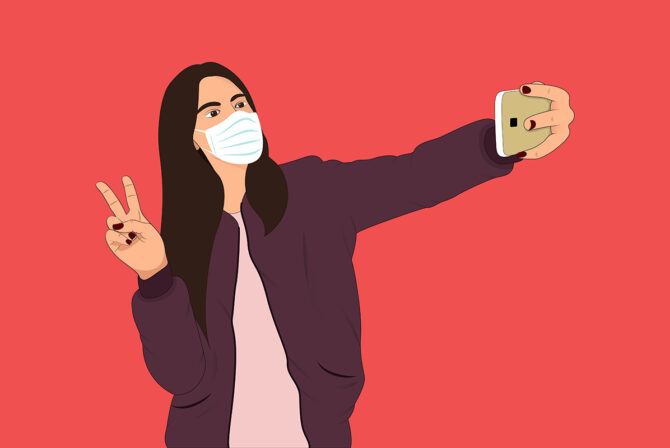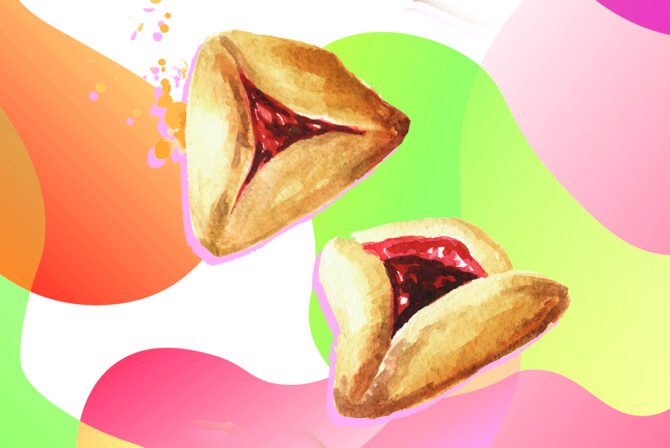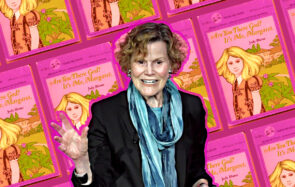If ever there was a year to connect with the themes and obligations of Purim, it is this one. This festival provides a ritualistic and narrative roadmap for how to engage with an upside-down world rifewith antisemitism,鼓起勇气面对存在的威胁,并在另一边更强大。这也是一个强烈肯定的假期Jewish commitment to celebrating our blessings through giving to others.
When American Jews thinkabout Purim, most of us think about a holiday that is primarily oriented toward children: costumes, sweets, funny plays. However, there are much deeper adult themes and obligations that grow out of our celebrationof Purim. There are four primarymitzvot(诫命)给这个假期提供造型和意义。他们是:
1. megillah:reading of the Book of Esther
2. seudah:serving a festival meal
3.mishloach manot: giving bags of treats to our friends, consisting of at least two different treats of two different varieties
4. manot l’evyonim: providing gifts to the poor
Through these four mitzvot, our tradition teaches us how to respond to surviving catastrophe: by recalling theheroism and gracethat allowed you to survive; by taking joy in the fact that you survived against the odds through a communal experience that feeds body and soul; sharing your joy with your community with thoughtful offerings; and recalling and giving to those who are still suffering in the glow of your most joyous and thankful moment.
All of the mitzvot of Purim are especially resonant this year. The death anddespairthat has defined the past 12 months require us to count our blessings, and make space for joy and gratitude. However, the most often neglected of the mitzvot, the one that doesn’t fit in easily to a synagogue party or tot Shabbat — giving gifts to the poor — is probably the most crucial to embrace at this moment.
The coronavirus pandemic has exacerbatedlongstanding inequalitiesin the U.S. and around the world, in terms of who lives and who dies, and who is on the brink of financial collapse and who have actually saved, or even made unprecedented amounts of money during the pandemic. The ultimate expression of true gratitude is generosity. For those of us who have the capacity to give to others this year, we should make a point to make a货币礼品to a poverty relief organization at this moment. While canned food drives are popular at many synagogues and schools, we know from those who run food pantries thatcash is what is actually needed解决粮食不安全和减轻贫困。我们有责任根据受影响人的要求提供,并放弃我们对我们的控制或便利性的需求。
我们的传统鼓励我们匿名和当地,享有当地社区和赋予受助人尊严的方式。也就是说,我们应该与家人透明,协作,尤其应该谈论我们的孩子,特别是我们的孩子。当我在教学时college students, I often joke with them that Jewish parents are often more comfortable talking about safe sex than they are talking about money — and my students often agree with a chuckle.
This year in particular, it is essential that we talk in an open, age-appropriate way with our kids about worsening socioeconomic inequities, and the ways in which they often map along lines of race, gender, and geography. We should also teach our children that the most Jewish response to injustice isnot guilt(the not-so-humorous stereotypes of Jewish mothers aside). Rather, we come from a long tradition of those who have responded to injustice with action andtzedakah, consistently and mindfully sharing our wealth in order to help create a more dignified and fair world.
This year, as we preparemishloach manot对于朋友和家人来说,为Zoom Purim Parades计划的服装,并为我们的节日餐来制作令人兴奋的菜单,让我们预算我们的时间,关注和财富走向有影响力的给予。普瑞姆教导我们,我们没有任何幸存下来。女王·阿斯帖的勇气,上帝不是那么明显的恩典,我们的祖先顽固的坚持不懈地带来了我们的一个原因:为我们传统的最美丽和基本的基础提供动态。愿我们通过减轻我们社区中的人的负担,并在过程中,通过共享目的的生活来解决我们的危险和珍贵的生命,植根于有弹性和美好的传统。
Header image by VectorStory/Getty Images








